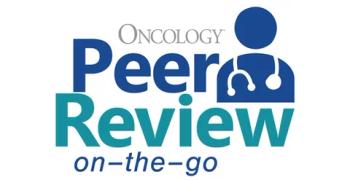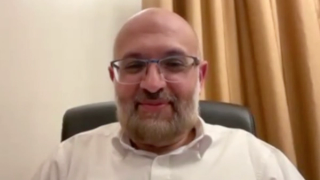
Oncology
Latest News
Latest Videos

Podcasts
CME Content
More News

A unique cisplatin-containing intratumoral formulation achieved a median OS of 18.7 months in patients who were dosed at 40% or more of their TTB.
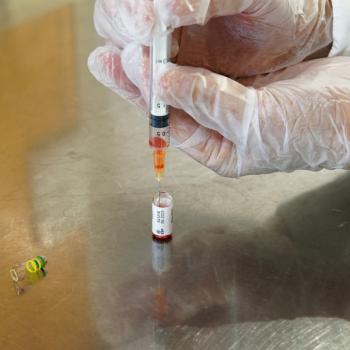
The Nuclear Medicine Clarification Act seeks to increase transparency in reporting potentially high-dose extravasations in administering radiation.

Rural populations and those with higher cancer burden and socioeconomic risk were found to have gaps in oncology care across the US.

Assessment of ZEN-3694 plus abemaciclib or cisplatin/etoposide in NUT carcinoma is ongoing across 2 active clinical trials.

Lower- and middle-income countries must work to build trust with pharmaceutical companies to enhance representation in cancer-related clinical trials.

Explore how oncogenes and signaling pathways converge and diverge in cancer, shaping diagnostic and therapeutic strategies for personalized interventions.

ESMO Congress 2025 included a variety of presentations that may change the treatment paradigm in lung cancer, breast cancer, and other types of disease.

Third-year fellows from Weill Cornell Medicine offer 7 key tips for establishing a foundational understanding of the field at major oncology meetings.

The AFSOS-Unicancer QUALIOR study did not meet its primary end point among patients with metastatic cancer.

Pimicotinib shows promising long-term efficacy and safety for treating tenosynovial giant cell tumor, offering significant patient benefits in a recent trial.

Proactive disclosure of information by clinical social workers in oncology may help equip patients to handle difficult aspects of cancer treatment.

In lower- and middle-income countries, accessibility, cost, and talent are obstacles to broadly implementing cellular therapeutics into cancer care.

Researching the feasibility of consolidating extensive information into a unified cancer database is the “tip of the iceberg”, said Leila Tchelebi, MD.

Recommending counseling sessions may help patients with cancer navigate sexual health and emotional issues during their cancer treatment.

Kelly Dyckman, MSW, LCSW, discusses how her role integrates with multidisciplinary oncology teams to support patients' emotional and relational well-being.

Pathologists should try to educate oncologists about the sensitivity and specificity of assays to help optimize care plans, said David Rimm, MD, PhD.

Beyond DNA-centric diagnostics, protein-based methods may play a role in accurately matching patients with the most effective therapies.

David Rimm, MD, PhD, discussed how AI tools may help automate routine tasks for pathologists and predict genomic alterations from images.

David Rimm, MD, PhD, shared the rationale behind developing an AI-driven tool for quantifying tumor-infiltrating lymphocytes in melanoma.

In the oncology setting, having discussions about mortality and death may be daunting for patients, but is vital and inevitable.

Black patients experienced lower survival rates across cancer types and several categories of urbanicity, particularly in breast and colorectal cancers.
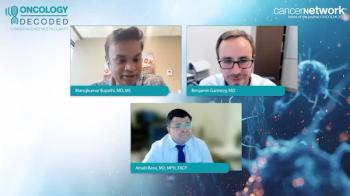
Experts weigh in on tumor-informed testing, false positives, relevant trial data, and other key concepts related to circulating tumor DNA.

Experts discuss key considerations for applying ctDNA to clinical practice, such as distinguishing between tumor-informed and tumor-uninformed testing.

Daniel C. McFarland, DO; and guest William S. Breitbart, MD, discuss the critical role of meaning-centered therapy in addressing the psychosocial needs of patients with cancer.

Data from the phase 3 3475A-D77 trial support the FDA approval of subcutaneous pembrolizumab across different pediatric and adult solid tumor indications.


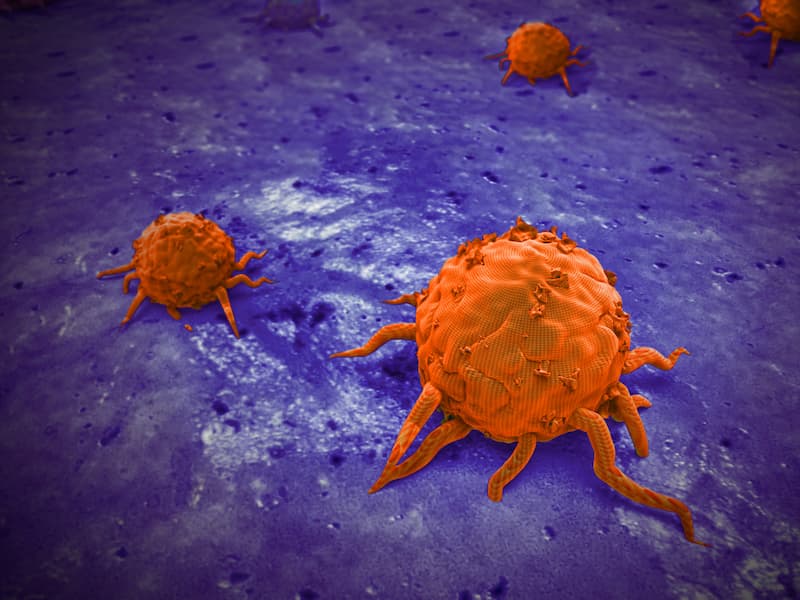
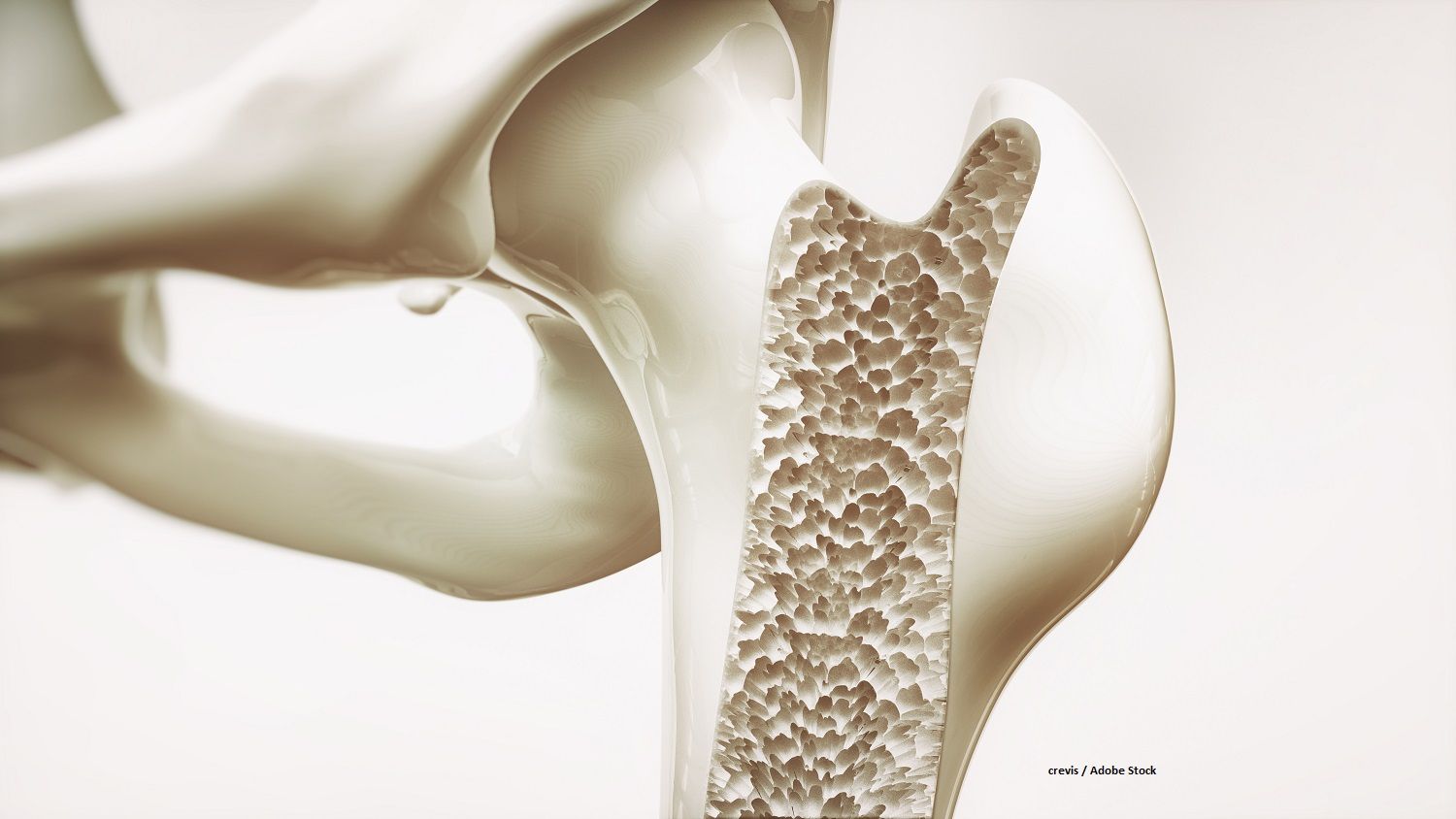

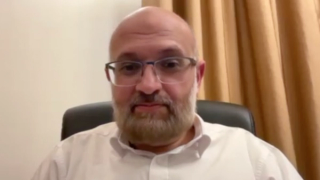
![Point-of-care manufacturing, scalable manufacturing, and bringing the cost down [can help].](https://cdn.sanity.io/images/0vv8moc6/cancernetwork/55a279b707f0cd71181a5efa8b3d3cd864555701-3002x1684.png?w=320&fit=crop&auto=format)






